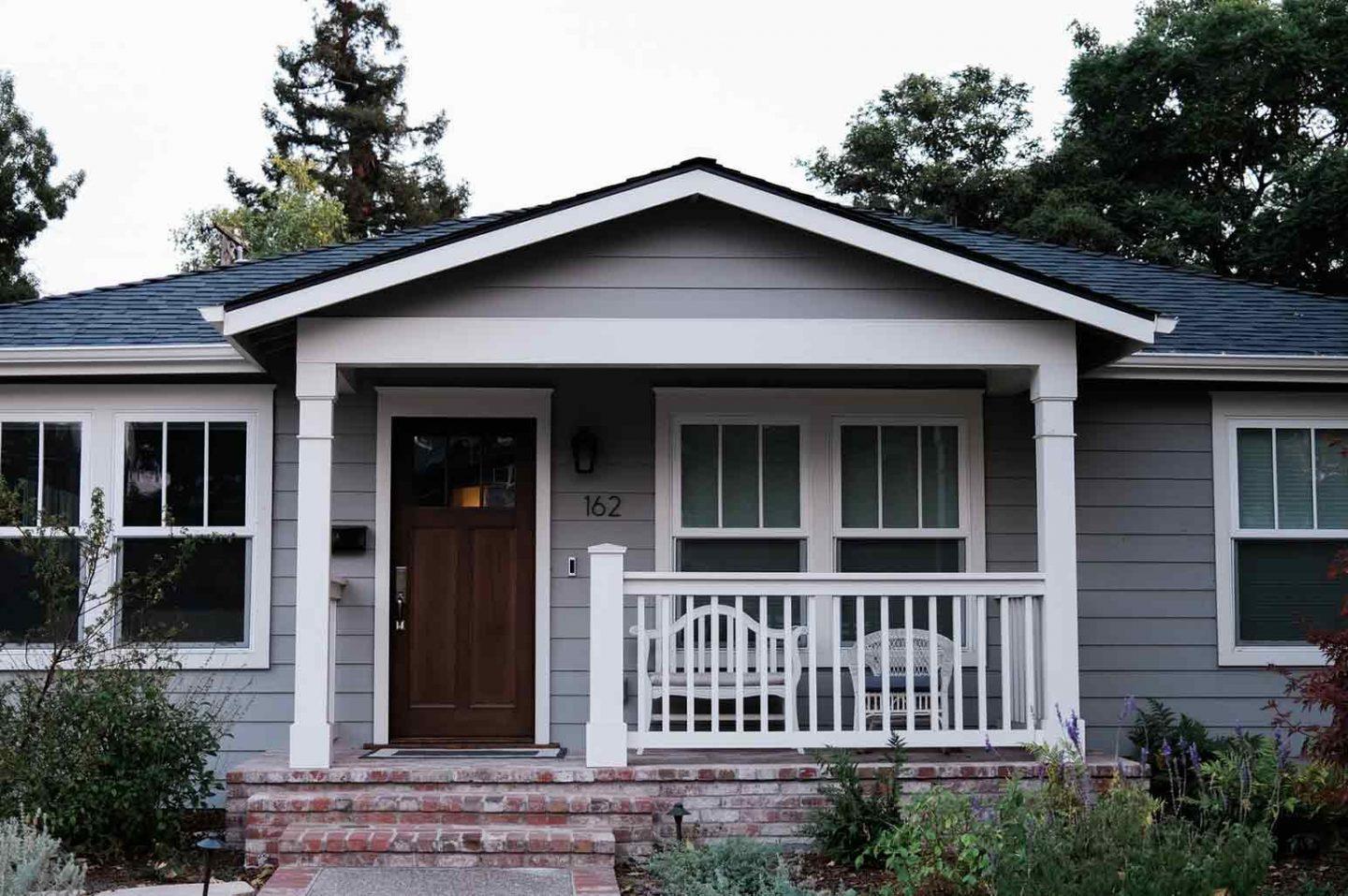
Most people will tell you that it’s better to own a home than it is to rent a home. However, there are times when renting may be more convenient and better suited to your goals. Below are just some of the pros and cons of homeownership and renting weighed up.
The upfront costs
Most people aren’t able to buy a home in cash. It’s normal to take out a home loan, which usually requires paying a down payment. The average down payment in the US is about $10,000 to $15,000 (5 – 6% of the property value) – so not cheap. On top of this, there are various other upfront fees you don’t have to pay when renting such as legal fees, mortgage valuation fees, and a home inspection. Costs can be very expensive when moving to a city where the property is priced higher.
When renting a home, the upfront costs are a lot lower. You may still have to pay a security deposit (which is usually equal to a month’s rent) and possibly some agency fees if you’re renting via a tenancy agency, but that’s it. Most people pay around $1000 upfront. When you haven’t got time to save up a lot of money, renting is more convenient.
The application requirements
Applying for a mortgage requires passing certain requirements. You usually have to be earning a certain amount of money, your job needs to be secure, you need to have few debts and your credit score needs to be high. Some people find that even after saving up a down payment, they cannot get approved for a mortgage simply because of their credit score or income. That said, there are several immersing lenders such as The Change Company that are trying to make things fairer. This is why it’s so important to shop around for a mortgage.
Renting a home usually involves meeting certain requirements too. Landlords often credit check tenants and assess tenants’ income. Although financial requirements may not be as high, there could be other requirements that you don’t have to meet when buying a home such as not having kids or pets. Like mortgage lenders, landlords aren’t allowed to be too discriminatory – if you feel you’ve been rejected on unfair grounds, you can seek legal action.
The long-term benefits
Homeownership has many long-term benefits. Monthly mortgage payments tend to be lower than monthly rental payments. You do have to pay for maintenance, however with this comes the option to improve and renovate your home more freely – you can paint the walls any color, replace the flooring and even install a new kitchen or bathroom. Once you’ve paid off your mortgage, you’ll have a lot more disposable income each month and the option to sell your home and get all your money back (if your home has increased in value, you could also make a hefty profit). You can also rent out a room to a lodger if you want to make more money.
Renting has few long-term benefits. Monthly rent is higher and you never have the option to get that money back (aside from the security deposit when you move out). You don’t have to pay for maintenance, but you have very little freedom to make any improvements (some landlords don’t even permit putting a nail in the wall). A landlord also has the ability to ask you to leave once your tenancy term is over. When you own a home, you can stay as long as you like providing you pay the mortgage.
Immediate goals vs long term goals
When deciding whether to rent or own property, weigh up your immediate and long-term goals. Renting can be a better short-term option. In most cases, when moving to a city, it may be the only affordable option (unless you’re willing to save up for years beforehand). If you’re young and trying to find a property quickly, renting may be better.
Homeownership is a better option for when you’re ready to settle down. It requires a lot more forward planning and isn’t something you can do quickly – you’ll need to save up more money and you’ll need a more secure income and higher credit score. The long-term benefits make this worthwhile.
When Opting for Homeownership, Things to Look Into Are
- The location
- Your preferences
- Safety
- Convenience
- Needs
- Cost
Because homeownership is a long-term decision, you’ll need to evaluate your preferences, needs, and budget carefully. Your priorities will hugely determine the type of neighborhood you choose. For instance, when considering luxury real estate, you may want to look at luxury neighborhoods for an ideal home.
If you’re not sure of your preferences, don’t worry. You can start by looking into neighborhoods that meet your needs and budget requirements. For example, if you’d like to settle in the suburbs but think it’s too expensive, consider renting a condo in the suburbs or investing in a fixer-upper home instead. Buying an apartment in a good location helps you save on rental expenses.
Safety is also essential when choosing a suitable location. Regardless of whether you’re buying or renting, determine whether the area is safe and secure enough for your family. Keep in mind that it’s essential to choose locations with amenities you need but not congested.